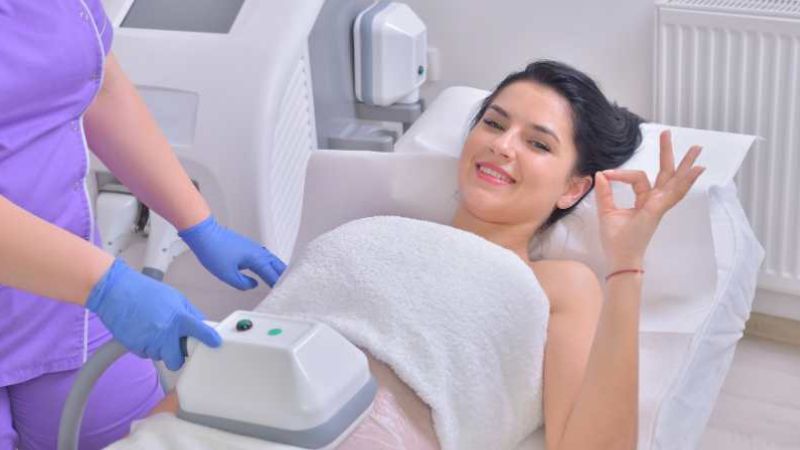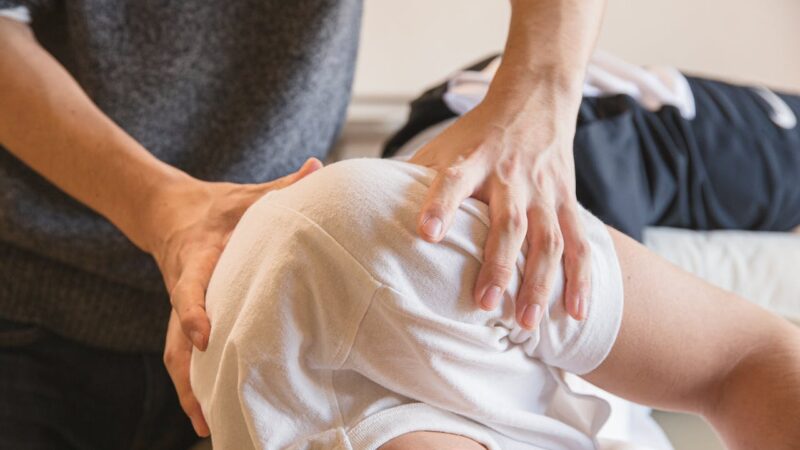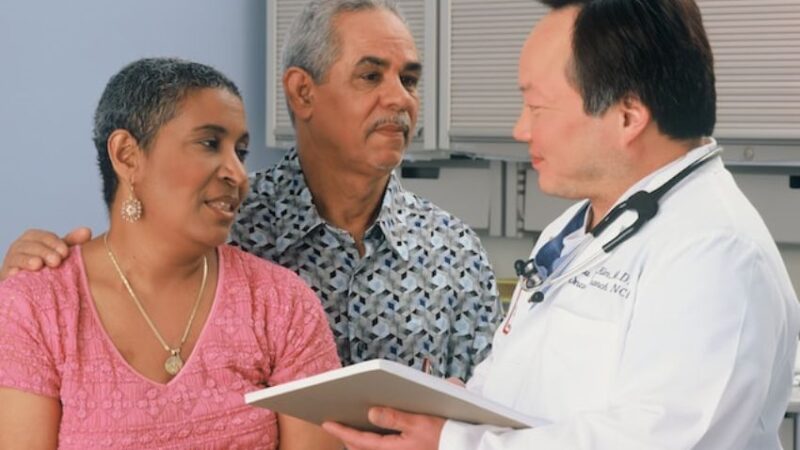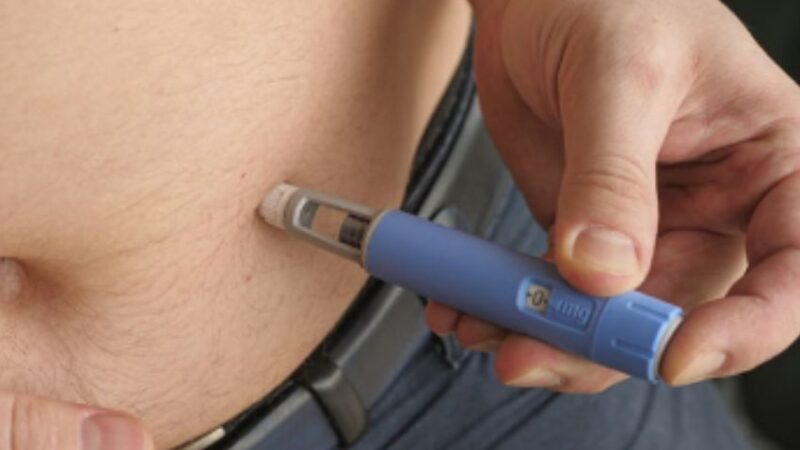Answering the 9 Commonly-Asked Questions on Acupuncture
We’ve all heard about acupuncture – you know, the ancient practice where tiny needles are said to impact your health and wellness. But what exactly does it entail?
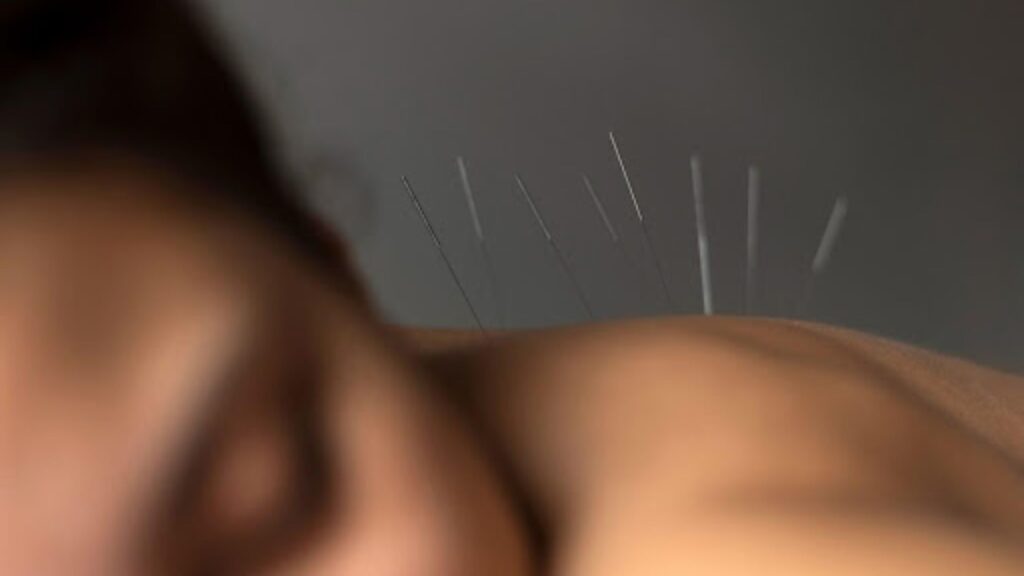
Acupuncture is an ancient traditional Chinese medical practice. The practice is traced back over 2000 years and works by inserting thin needles into the skin at specific points and to specific depths. The idea of acupuncture is based on the premise that the human body is a channel for the flow of energy, and by inserting needles into specific points on the body (called meridians), the acupuncturist can balance the body’s flow of energy, stimulating its ability to heal itself. Wellness and Pain acupuncture therapy can cure many conditions and improve the patient’s quality of life.
People have many questions about acupuncture. Some people have a fear of needles, while others want to know how long the procedure lasts or if it will hurt. In this post, we will answer the nine most common questions about acupuncture.
Acupuncture: Frequently Asked Questions
- How does acupuncture work?
Acupuncture works by engaging certain energy points in your body. These energy points (or meridians) are believed to regulate specific functions in your body and control the state of your overall well-being. In acupuncture, the meridians are stimulated through needle insertion, which promotes a freer flow of energy throughout the body, the release of helpful chemicals like endorphins, and natural healing.
- Is the procedure safe?
If the procedure is carried out by a licensed professional, acupuncture is generally considered safe. Individuals that undergo acupuncture treatments do run a very small risk of bruising, bleeding, or infection at the needle entry site. Some people also experience some discomfort or dizziness during the procedure, however, these risks are significantly mitigated when you engage the services of a qualified acupuncturist.
- What conditions can acupuncture treat?
Acupuncture can be employed in the treatment of a wide range of conditions. It is most commonly used for pain management and the management of other conditions such as stress, migraines, digestive issues, infertility, respiratory issues, reactions from chemotherapy, pain from dental issues, labor pains, and osteoarthritis.
- Does it hurt?
The needles used during acupuncture are very thin and flexible, therefore, only a tiny percentage of people report feeling very mild pain at the site of needle insertion. Most people experience no pain at all, and others report feeling a warm sensation at the site where the needles are inserted.
- Can I get acupuncture when I’m pregnant?
Yes. Acupuncture is generally considered safe for pregnant individuals and can be used in the management of pregnancy-related issues such as back pain, morning sickness, anxiety, and labor pain. Just be sure to seek the services of a qualified acupuncturist.
- How long does it take to get an acupuncture treatment?
The duration of an acupuncture section will usually depend on the specific condition being addressed and how well the patient responds to treatment. All things being equal, an acupuncture session should typically last between 30 minutes to 1 hour.
- How many sessions will I need?
Again, the number of acupuncture treatments you will need depends on your condition and your response to the treatment. Nobody can accurately predict how many acupuncture sessions you will need, however, a general course of treatment usually comprises about 6 – 12 acupuncture sessions with follow-ups where necessary.
- Are acupuncture and dry needling the same?
No, acupuncture is not the same as dry needling. Dry needling is a procedure invented by western medicine and modeled after the ancient Chinese practice of acupuncture. With dry needling, healthcare professionals target trigger points (an area where a mass of muscles has tightened or knotted up) to control muscle spasms. The body’s meridians are not stimulated in dry needling, hence, it cannot be considered acupuncture.
- Is acupuncture effective?
Research shows that acupuncture is adequate for the management of certain health conditions. The results may vary, however, depending on what condition and who is being treated.
In addition, we also advise patients to wear loose clothing and avoid certain foods, such as coffee and alcohol, before a session. Acupuncture is a safe procedure that most people find relaxing and healing. Bring your expectations, don’t tense up your muscles, and just enjoy the experience.

Deepa Mahar is an independent blogger and admin of DeepAdvices who is exploring the beauty of the blog writing from a variety of subjects and books to health, science and others. She believes the blog would be helpful to the reader in the context of knowledge. She is post-graduated with a degree of Biotechnology.

